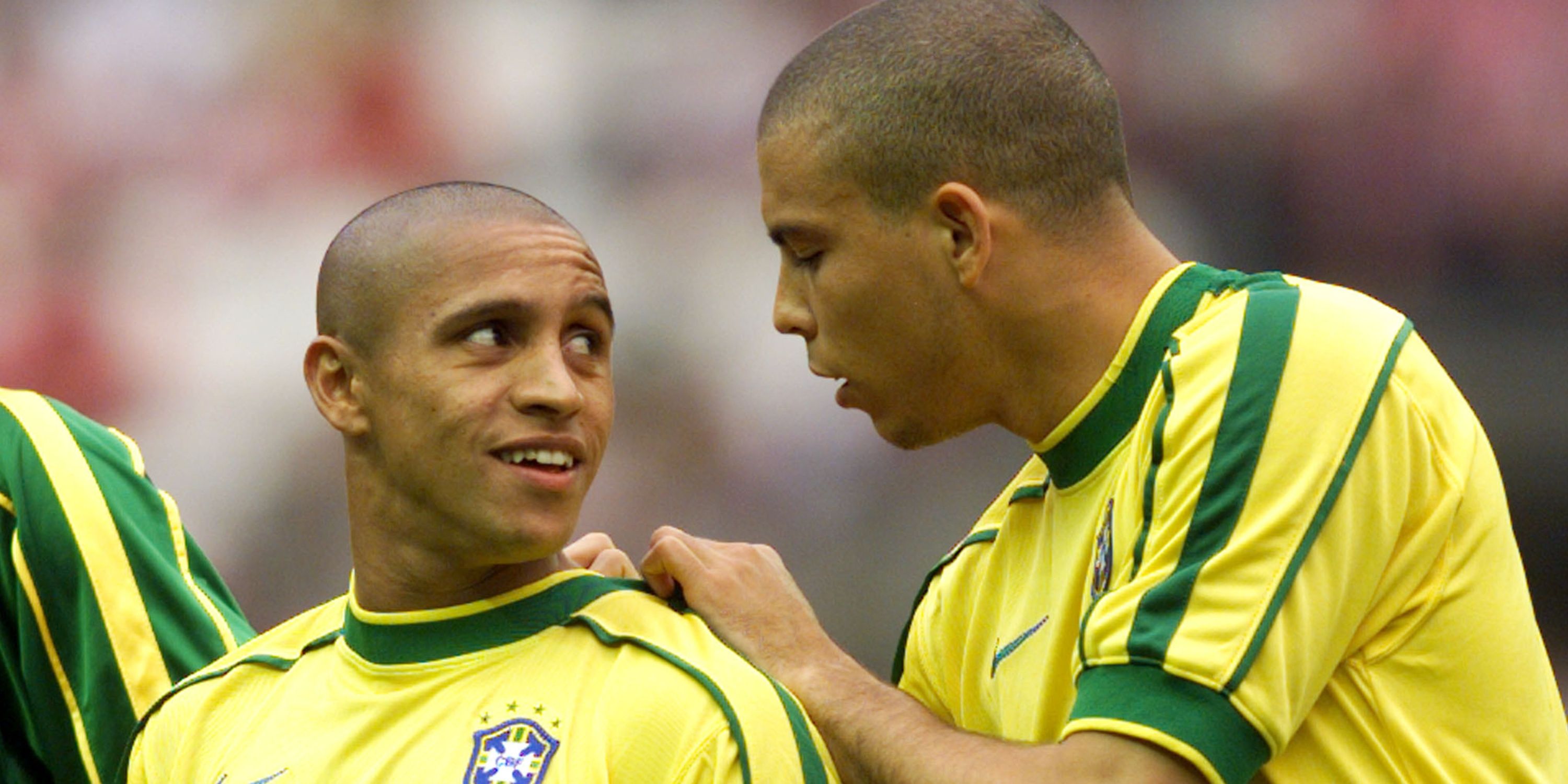SAINT-DENIS, France — Minutes after Noah Lyles collapsed on the track, medical personnel wheeled him down a long hallway, deep beneath the stands at Stade de France. Someone asked if he wanted to call his mother. Lyles shook his head.
“I just needed some time,” he said. “So they wheeled me off the track.” The world’s fastest man, it seemed, had been slowed by COVID.
Days after winning gold in a thrilling, historic 100 meters, a weakened Lyles struggled to finish third in his specialty, the 200, at the 2024 Summer Olympics. Letsile Tebogo of Botswana won his country’s first-ever gold medal with a time of 19.46 and Kenny Bednarek of the U.
S. was second. The 21-year-old Tebogo, a rising star in track, slapped his chest as he crossed the finish line.
“It was really a beautiful race for me,” said Tebogo, who recently lost his mother and had written her birth date on his shoes. “We had our ups and downs, but we just made sure that we pulled through and made it to the Olympics.” The result ended Lyles’ quest to win the 100, 200 and 400 relay — the coveted sprint triple last achieved by the legendary Usain Bolt.
Unbeknownst to almost everyone, Lyle’s chances had taken a serious hit days beforehand. The trouble arose early Tuesday morning, about 36 hours after his 100 victory. “I woke up in the middle of the night just feeling really chills, aching, sore throat,” he said.
“And those are kind of a lot of the symptoms I’ve always had right before gett.


















